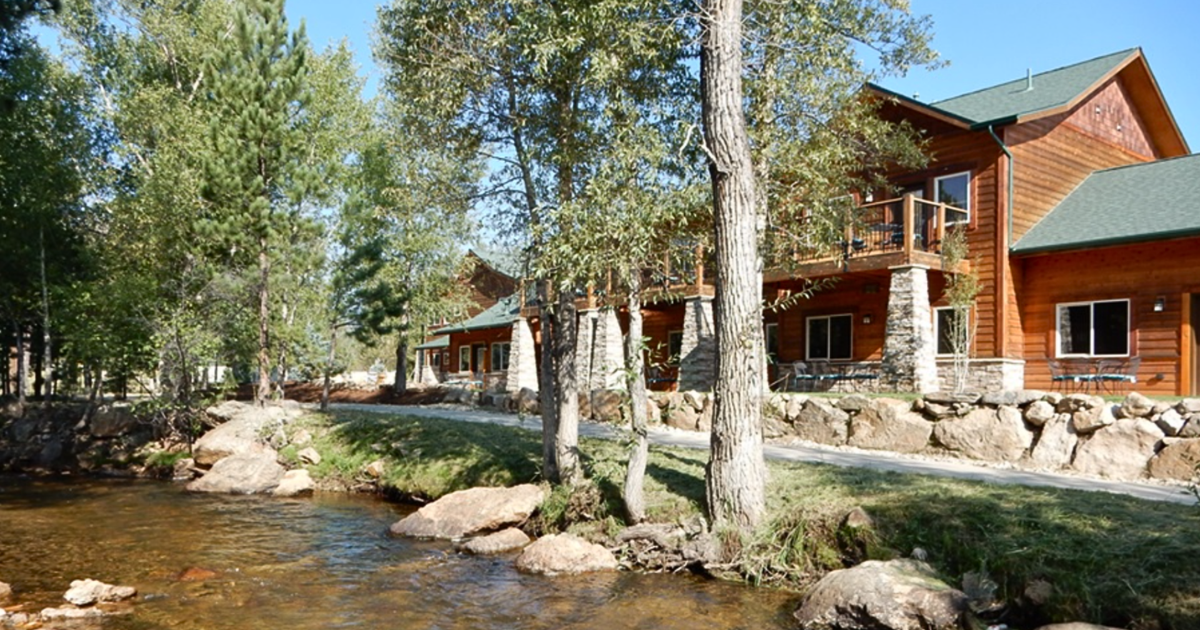How to cope with Social Security's tiny 2017 raise
As the buying power of America’s seniors continues to erode, a Social Security cost-of-living adjustment increase of just 0.3 percent scheduled to go into effect in January won’t help. This minuscule hike comes on the heels of no raises in 2009, 2010 and 2015, and meager increases for all other years since 2008. While 2011 produced a modest 3.6 percent rise, those for 2012, 2013 and 2014 were all less than 2 percent.
While this news is bound to be frustrating and cause financial pain for many retirees, the amount of the increase is simply beyond your control. What’s not beyond your control, however, are steps you can take to help make ends meet. They may not be ideal, but these strategies can help you cope more effectively with a difficult situation.
You have basically two ways to improve your monthly budget: Reduce your living expenses or increase your cash-flow (or both). Let’s look at some ideas you can implement in each category.
Reduce your living expenses
- Consider downsizing your home to trim housing costs, including rent, mortgage, utilities and taxes. Many seniors prefer to remain in their current home as long as possible. Unfortunately, some stay too long and eventually become too frail to move. You might consider relocating while you still have the ability and energy to move.
- Review your Medicare coverage, considering both the amount of the premiums you’ll pay for either a Medigap or Medicare Advantage plan and potential out-of-pocket expenses for deductibles, co-payments and co-insurance. You’ll also want to keep a long-term perspective, since in some cases, you might be stuck with your choices beyond 2017. You should investigate this option soon because Medicare’s open-enrollment period ends on Dec. 7.
- If you still have two cars, see if you can get by with just one or use public transportation more often. You might spend significantly less on gas, insurance and repairs.
- Reduce your utility bills by adjusting the settings on your water heater, refrigerator, heater and air-conditioning unit. Even slight adjustments can create a significant monthly savings.
- Slice your food costs by eating out less often and by purchasing less meat or costly packaged and processed foods. Fresh fruits and vegetables can cost less than snack food and meats. Even better, look into growing some of your food, an inexpensive and enjoyable way to obtain fresh fruits and vegetables. And if you’re overweight, consider some habits that can help you lose weight, improve your health and save money. If you reduce the sheer quantity of food you eat by 10 percent to 20 percent, you might realize comparable savings in your food budget.
- Instead of going out for entertainment, get together with neighbors for social hours or to share the cost of movie rentals. In the process, you might expand your social contacts.
Boost your cash-flow
- If you’re still living in a big house, rent out a room or two. Home-sharing apps such as Airbnb make it feasible to implement easily. In the process, you might make new friends and helpful social contacts.
- If you have significant home equity, consider taking out a reverse mortgage. You can generate a lifetime monthly income, like a pension, or take out a line of credit that you tap only when needed. Be careful when shopping for the right program, however, as reverse mortgages can have high fees.
- Go back to work. Look for work that gives you valuable social connections, is compatible with your interests and beliefs, and gives you flexibility. For example, more seniors are tapping the gig economy to earn extra spending money while still having flexible hours.
- Boost the cash flow your retirement savings generate. Many retirees try to live on just the interest and dividends on their savings or they take the required minimum distribution from IRAs and 401(k) accounts. One way to increase your monthly cash flow is to purchase a low-cost payout annuity from a highly rated insurance company. The resulting cash flow will last for the rest of your life, so you don’t have to worry about outliving your savings.
These ideas won’t magically make everything better for cash-strapped retirees, but they can help you make the best of a bad situation. And while all of them might not work for you, it can’t hurt if you find a few that do.
American retirees have survived many difficult times over the past few decades. They’ve repeatedly demonstrated the ability to bounce back, figure out what they can control in their lives and focus on what’s really important. Here’s hoping 2017 will be no different.



